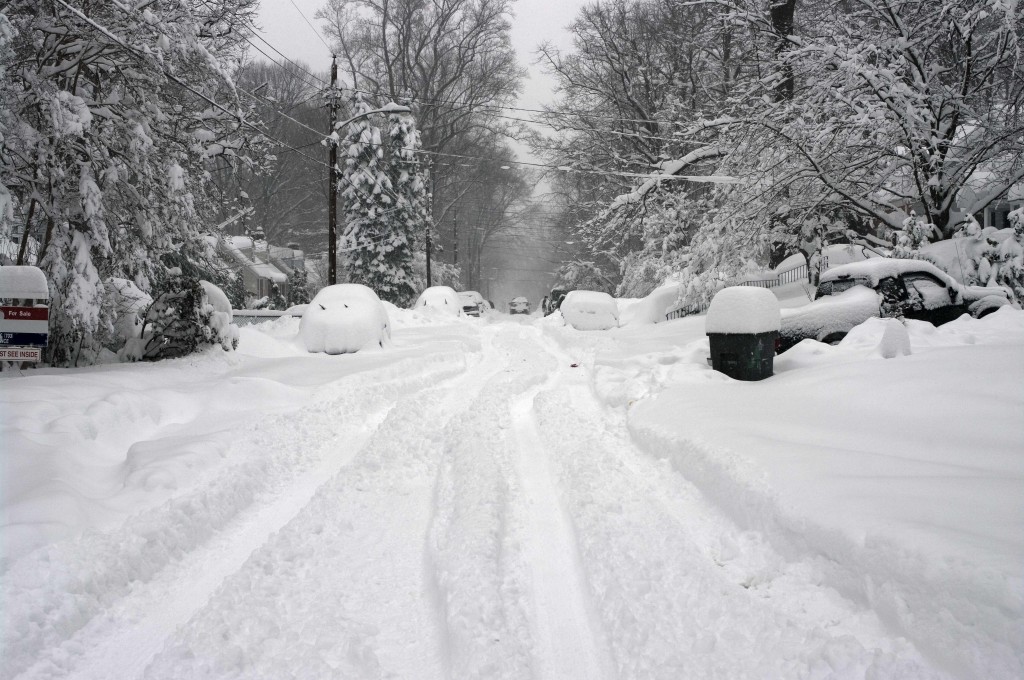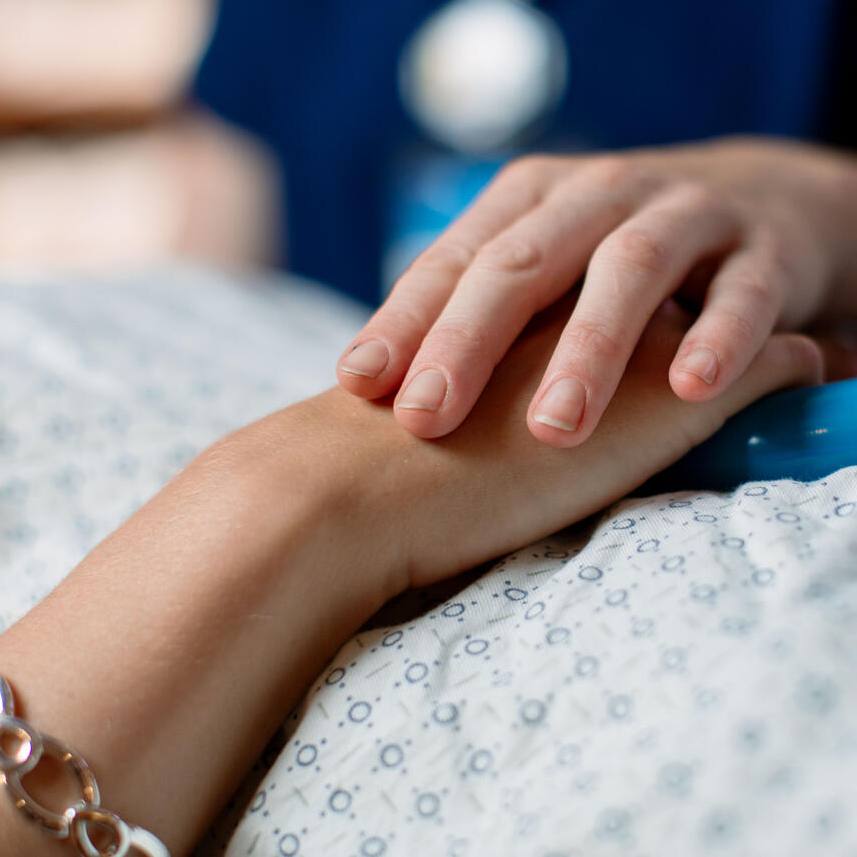-
Winter Tips to Avoid Slips and Emergency Room Trips

RED WING, Minn.—Winter’s early entrance this year might be catching some people in the United States off guard. The snow and ice are likely here to stay so being prepared is essential. Emergency services director at Mayo Clinic Health System in Red Wing, Minn., Greg Kays, M.D., says, “Whether you love winter or you can’t wait for it to be over, winter always poses hazards. The most important thing is to pay attention to what you are doing and what your body is feeling.” Here are a few tips to keep you safe while walking outside or digging out of the snow.
Don’t fall for winter
The snow and ice-covered pavement and wet flooring inside building entrances can increase the likelihood of slips and falls. Falls may result in injuries such as broken arms, legs and hips, severe back injuries and concussions.
To help avoid a slip or fall this winter, remember to:
- Wear high-traction footwear.
- Slow down, take short careful steps at first, and, then, adjust your pace to surface conditions.
- Point your feet slightly outward to maintain your center of balance.
- Don't walk with your hands in your pockets. This reduces the ability to use your arms for balance if you do slip.
- Keep your full attention on walking. Digging in your pocketbook or backpack while walking on ice is dangerous.
- Use railings or other stable objects, when available.
- Wipe your shoes and boots thoroughly on the floor mat.
- Enter and exit your vehicle slowly, holding onto the door and steering wheel, while stepping onto or off of a slippery surface.
- Be attentive when driving, walking through parking areas, on sidewalks, and when stepping off carpet onto tile floors.
- Avoid texting while walking on snow or ice. It can be an accident waiting to happen.
Snow shoveling tips
When it’s time to shovel the snow, the most important thing is to pay attention to your body. If you start to feel tired: it’s time to stop.
- If you are inactive and have a history of heart trouble, talk to your doctor before you shovel. Stop if you feel tightness in your chest. Heart attacks increase significantly in the winter months, particularly while people are shoveling snow.
- Drink plenty of water. Dehydration is just as important in cold winter months as it is in the summer.
- Dress warmly. Dress in several layers so you can remove a layer as needed.
- Do not shovel while eating or smoking. Avoid caffeine or nicotine before you begin shoveling. This may place extra stress on the heart.
- Warm up your muscles in your arms and legs. Walk for a few minutes and stretch your arms and legs before shoveling. Warm muscles are less likely to be injured and work more efficiently. Also keep a cell phone handy just in case of emergency.
- Take it slow. Pace yourself and take breaks.
- Don’t pick up too much snow at once. Use a small shovel, or fill it only one-fourth to one-half if you use a large shovel. If necessary, just push the snow as you shovel. It is easier on your back Keep the load of snow as close to you as possible.
- Protect your back. Bend from the knees, not your back. Lift with your legs bent, stand with your feet about hip width for balance and keep the shovel close to your body. Try not to twist. If you need to move the snow to one side move your feet to face the direction the snow will be going.
- Clear snow as soon as it stops falling. Freshly fallen snow is lighter than snow that has melted slightly.
“While winter and all of its elements can’t be avoided, you can take measures to avoid an injury,” says Dr. Kays. “If you do injure yourself on the ice and snow, contact your health care provider. If it is an emergency, call 911.”
# # #
Mayo Clinic Health System consists of Mayo-owned clinics, hospitals and other health care facilities that serve the health care needs of people in more than 70 communities in Georgia, Iowa, Minnesota and Wisconsin. The community-based providers, paired with the resources and expertise of Mayo Clinic, enable patients in the region to receive the highest-quality health care close to home.








